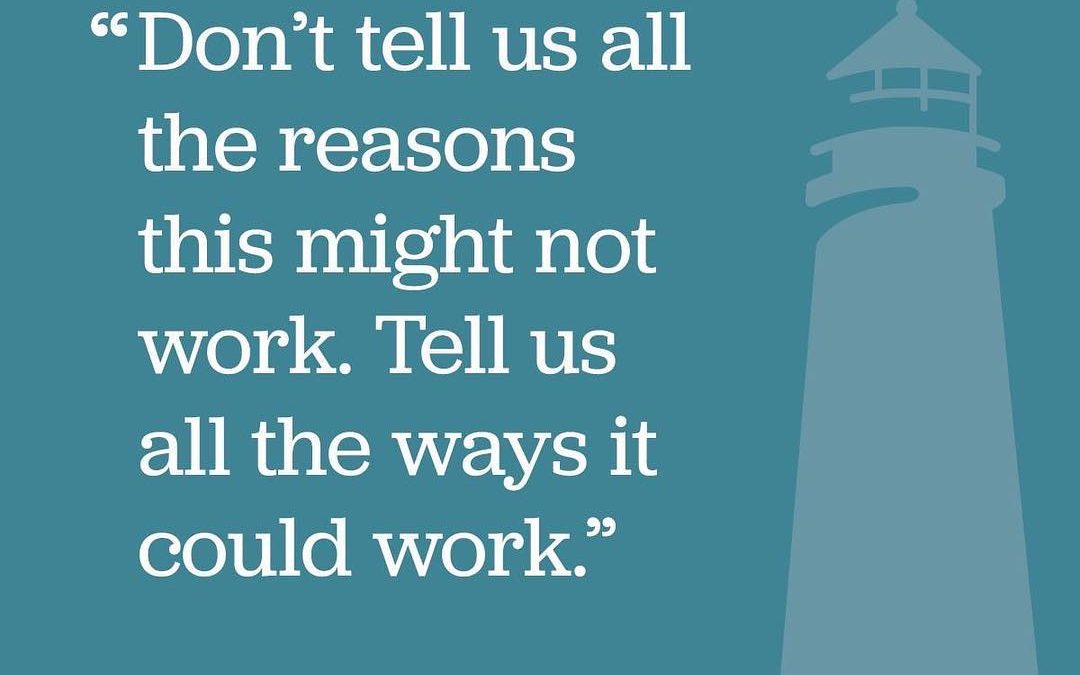Is Deficit Thinking Taking You Down?

I am a proponent of nonprofits operating as a business. In my opinion, the requirement for re-framing how we perceive the ‘business’ of nonprofits is vital to the survival of our nonprofits and must start with the staff and volunteer boards themselves. The ‘deficit thinking,’ or operating from a place of lack, needs to be challenged and a focus on nonprofits as a functioning business is the replacement ethos, as I see it. With the nonprofits I have worked with, I encourage the re-framing often.
“We can’t afford a new website” becomes “I invite you to consider if your current website if effective and, if not, how can it be updated to suit your client or end user. What will that cost and how do we source those funds?”
“We can’t pay a good wage so we seem to attract the bottom of the barrel” becomes “Will hiring someone with the credentials and experience that affords a higher wage allow for more efficient delivery of our programs, better operations of our nonprofit, and build capacity allowing our mission and activities to connect with more end users? If yes, then how can we source the funds required? What can we shift around operationally to gain more funds? Are there programs we can add that have greater funding that will allow us to achieve more of our goals?”
The culture of lack and have-not will take a concerted effort to change and that change has to start with the people on the front line of nonprofit management and operations. Nonprofits are businesses unto themselves – financials, operations, human resources, product (programs) and services (programs) and should be treated as such – all the while bearing in mind the ethical, moral, and social reasons the nonprofit was created in the first place.
Leaning into nonprofit education and support organizations (like Volunteer Alberta and Edmonton Chamber of Voluntary Organizations in my hometown, Edmonton, Alberta) and similar to take the lead in this reframing is absolutely necessary – they need to move the message into the consciousness of the public which in turn needs to be supported one person, one organization at a time. Examples of this kind of thinking needs to be shared. Social innovation needs to be cheered. And if this all sounds grassroots, it’s because, in my opinion, great social changes start there.
Blog by Beth Harding



